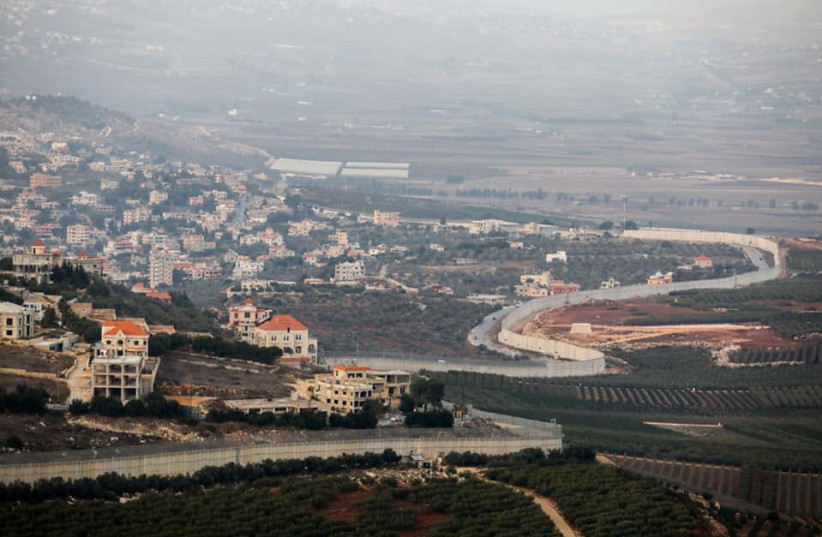It has been three months since the October 7 massacre and Israel is facing a host of challenges: military, financial, social, and international. This is the precise time to look straight ahead and transition from the “all talk” mode to one of action. The Negev and the Galilee, especially Israel’s southern border settlements, are in need, today more than ever, of actual support that will instill hope for the future.
I am not only referring to budgets, because these will materialize eventually. I am proposing a new strategic concept that regards Israel’s border communities as an asset rather than a burden.
For example, the Gaza border communities concentrate on Israel’s agriculture. They are surrounded by anchor cities such as Ashdod, Ashkelon, and Beersheba, which are home to advanced higher education institutions – universities and colleges, research institutes, medical centers, health institutions, and news centers.
However, many still prefer living and working in the central regions of Israel. Now, with a little ingenuity and looking ahead to the future, these southern cities should become central instead of peripheral.
Much has been said about infrastructures that connect the periphery to the center of the country, such as building highways and fast trains. Instead, I believe that these peripheral anchors should become centers of power that will attract a strong population to Israel’s border communities.

The cities in the periphery constitute an unfulfilled potential, and they must become self-sufficient and independent of the Tel Aviv metropolis. For example, Beersheba’s connection to the desert makes it distinctive, with cultural, tourism, and historical values; Ashdod and Ashkelon, as port cities situated on the Mediterranean coastline, have extensive tourism, financial, and commercial potential.
Following years of neglect, whereby generations of governments preferred to invest more in the central region and less in the settlements on Israel’s borders, the events of October 7 have proven just how important it is to strengthen the country’s “flak jacket.”
This is a wake-up call to the government, which must change the equation, strengthen all of the peripheral areas, and prioritize the borderline settlements. This entails developing the health system in the Negev and Galilee; encouraging culture; investing in education; improving infrastructures such as roads and public transportation, and encouraging advanced industries and hi-tech companies through tax benefits and incentives.
Only way to retain young people
This is the only way to retain the young, brilliant minds in the Negev and Galilee and prevent them from moving to Tel Aviv. Correct development of the northern and southern regions will not only benefit local residents, but will encourage hi-tech companies to relocate to Beersheba and Kiryat Shmona.
The government must take action – not by bringing the peripheral settlements closer to the country’s central region, but by reinforcing these areas. They should become independent centers of education, culture, and employment. Significant improvements should be made in the education and health services of these border areas. Improvements need to be made in the residents’ standard of living, which will empower them and enable financial growth.
By doing so, residents of the North and South will live in leading, advanced, and innovative cities that will be an anchor for the kibbutzim and small towns near the county’s borders.
The writer is rector and founder of SCE, the Sami Shamoon Academic College of Engineering.
